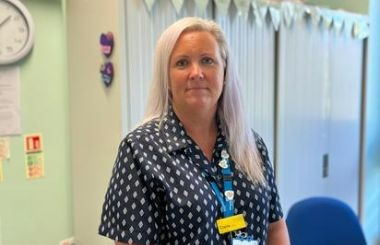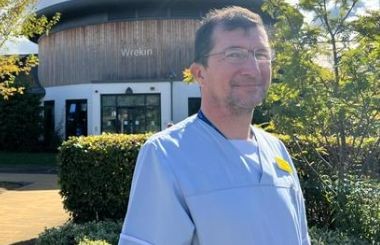Allied Health Professionals (AHP)
AHPs play a key role within Midlands Partnership University NHS Foundation Trust.
Find out more about the different AHP career pathways, including the different roles, qualifications, apprenticeships and more below.
There are 14 allied health professions, including physiotherapy, occupational therapy, speech and language therapy, podiatry and dietetics to name a few. These professions all have one thing in common: they play a vital part in treating, diagnosing, rehabilitating, promoting health and preventing ill health of patients and the population we serve.
As an allied health professional, you are able to help patients in ways that few other healthcare professionals can. You’ll work alongside multidisciplinary teams including doctors, psychologists, nurses and social workers, in a range of settings, as you help patients overcome obstacles, both mentally and physically.
Being an allied health professional (support worker or HCPC registered) isn’t just emotionally rewarding with ongoing training, you’ll be able to quickly progress, moving to more senior positions with a higher pay grade.
If you are due to graduate as a HCPC registered allied health professional or new to the NHS and looking to work within an allied health professions role you can access this free ‘Step to Work’ e-learning programme. This can help you build your confidence and knowledge prior to your application and or interview.










